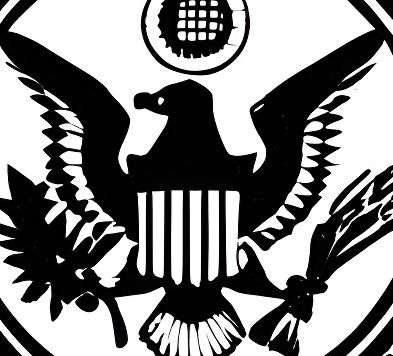Audio Presented by

A collection of public domain court case filings, by/against the US SEC, retrieved by HackerNoon
About Author
A collection of public domain court case filings, by/against the US SEC, retrieved by HackerNoon

A collection of public domain court case filings, by/against the US SEC, retrieved by HackerNoon
A collection of public domain court case filings, by/against the US SEC, retrieved by HackerNoon